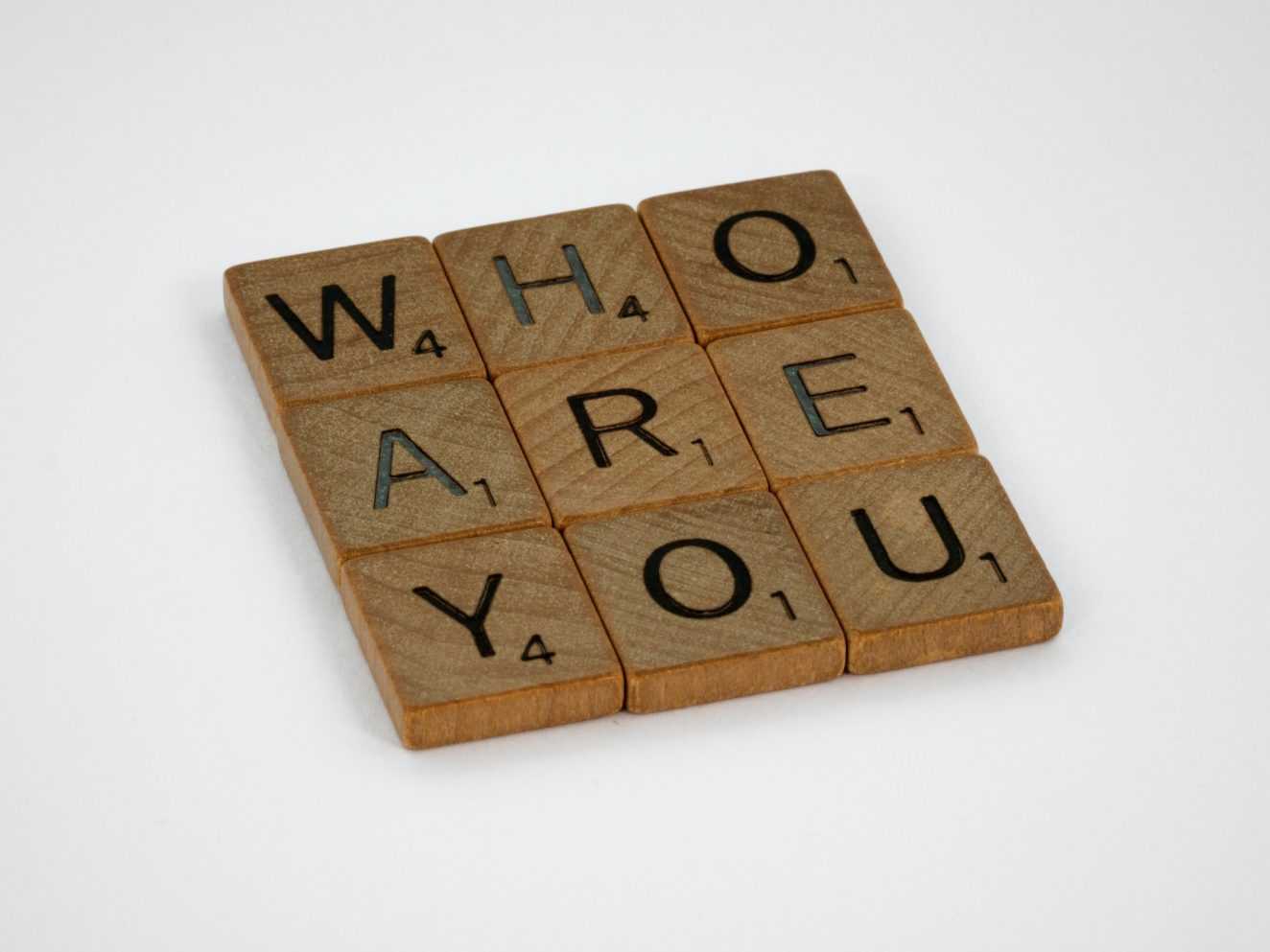The quest to understand ourselves better has led to the widespread fascination with personality tests like the Myers-Briggs Type Indicator (MBTI), the Enneagram, and the Zodiac. These tests offer intriguing insights into our unique traits, behaviors, and motivations. In this blog post, we’ll delve into the world of personality tests, exploring why they are used, how accurate they are perceived to be, and what makes them such enduring tools for self-discovery and reflection.

The Popularity of Personality Tests
Personality tests have gained immense popularity for various reasons. Firstly, they offer a structured framework for understanding ourselves and others, providing a common language to discuss personality traits and tendencies. This can enhance communication and empathy in personal and professional relationships. Additionally, people are naturally curious about themselves, and these tests promise to unlock hidden aspects of their personalities.
The Myers-Briggs Type Indicator (MBTI)
The MBTI, based on Carl Jung’s theories, categorizes individuals into one of 16 personality types, each represented by a combination of four letters (e.g., INFP or ESTJ). It is widely used in organizational settings for team building, career development, and understanding workplace dynamics. However, some critics argue that the MBTI oversimplifies personality and lacks empirical support, leading to questions about its accuracy.
The Enneagram
The Enneagram is an ancient personality system that assigns individuals to one of nine core personality types, each with its unique motivations and fears. It is celebrated for its depth and ability to uncover unconscious patterns of behavior. Enthusiasts find it a valuable tool for personal growth and spiritual development. While many individuals resonate strongly with their Enneagram type, skeptics argue that its accuracy relies heavily on self-reporting and subjectivity.
The Zodiac and Astrology
Astrology, based on the positions of celestial bodies at the time of one’s birth, assigns individuals to a specific zodiac sign, each associated with certain personality traits and characteristics. Despite its ancient origins, astrology remains popular today, with millions of people reading horoscopes and seeking astrological insights. Critics argue that astrology lacks scientific validity and relies on generalized statements that can apply to anyone.

The Big Five Personality Traits
In addition to the aforementioned systems, the Big Five personality traits (Openness, Conscientiousness, Extroversion, Agreeableness, and Neuroticism) provide a widely accepted and researched framework for understanding personality. These traits are measured on a continuum, allowing for a more nuanced and accurate assessment of an individual’s personality. The Big Five model is known for its empirical support and is often used in psychological research.
The Question of Accuracy
The accuracy of personality tests is a subject of debate. While some individuals find them highly accurate and insightful, others remain skeptical, viewing them as overly simplistic or reliant on self-perception. Critics argue that self-reporting can be biased, influenced by mood and situational factors. However, proponents contend that the value of these tests lies not in their absolute accuracy but in their ability to spark self-reflection and conversations about personality.
Practical Applications
Despite the ongoing debate about their accuracy, personality tests continue to be used in various domains, including psychology, counseling, career counseling, and organizational development. They serve as valuable tools for self-awareness, personal growth, and understanding interpersonal dynamics. Additionally, the interest in personality tests has given rise to a thriving industry of self-help books, workshops, and online resources.

The world of personality tests, from MBTIs and Enneagrams to Zodiac signs and the Big Five, offers a diverse array of tools for self-discovery and understanding. While their accuracy remains a subject of discussion, there’s no denying their enduring popularity and impact on how we perceive ourselves and relate to others. Whether you view them as a source of profound insight or take them with a grain of skepticism, personality tests continue to shape the way we explore the intricate facets of our personalities and the complex tapestry of human behavior.





